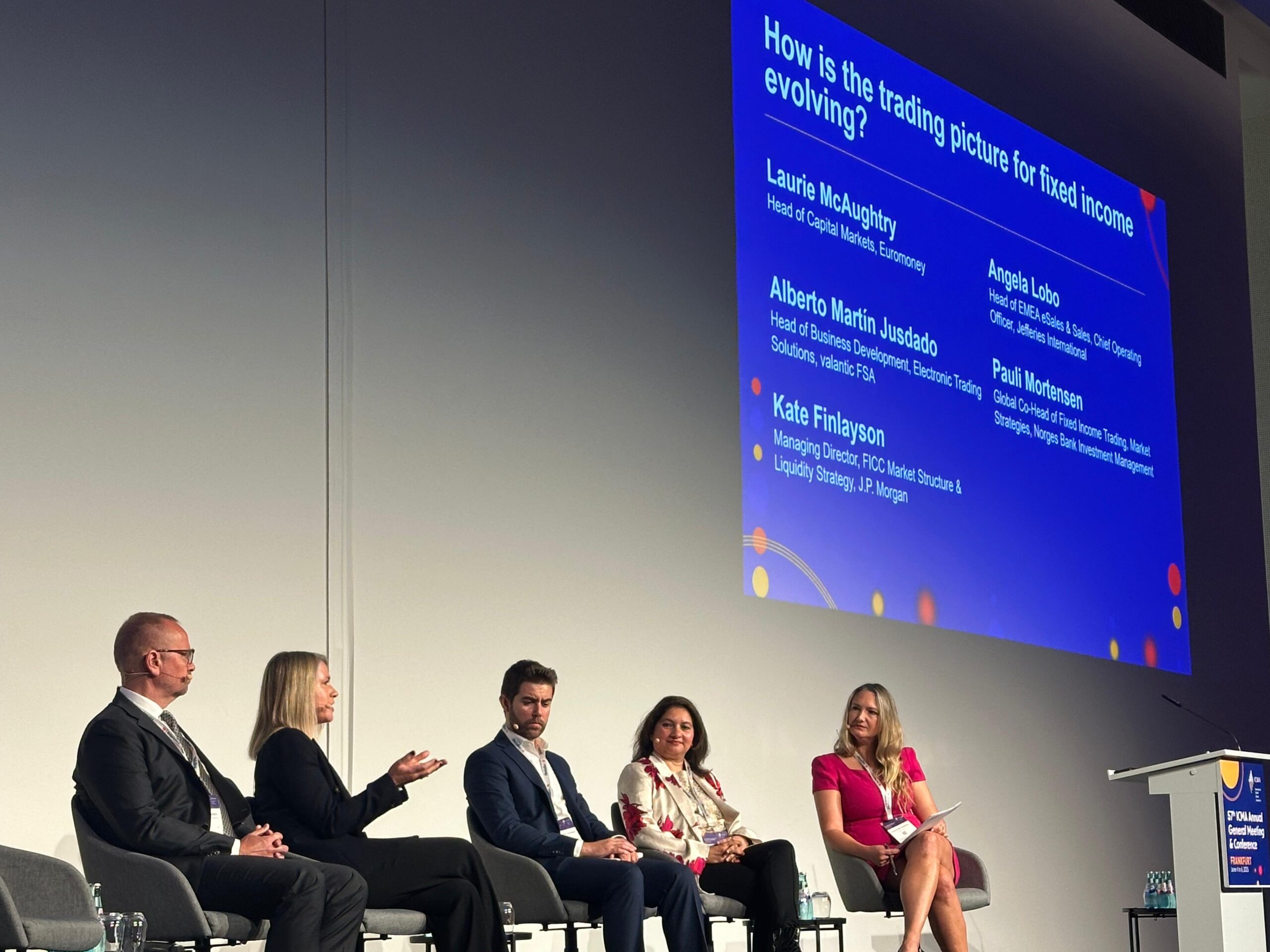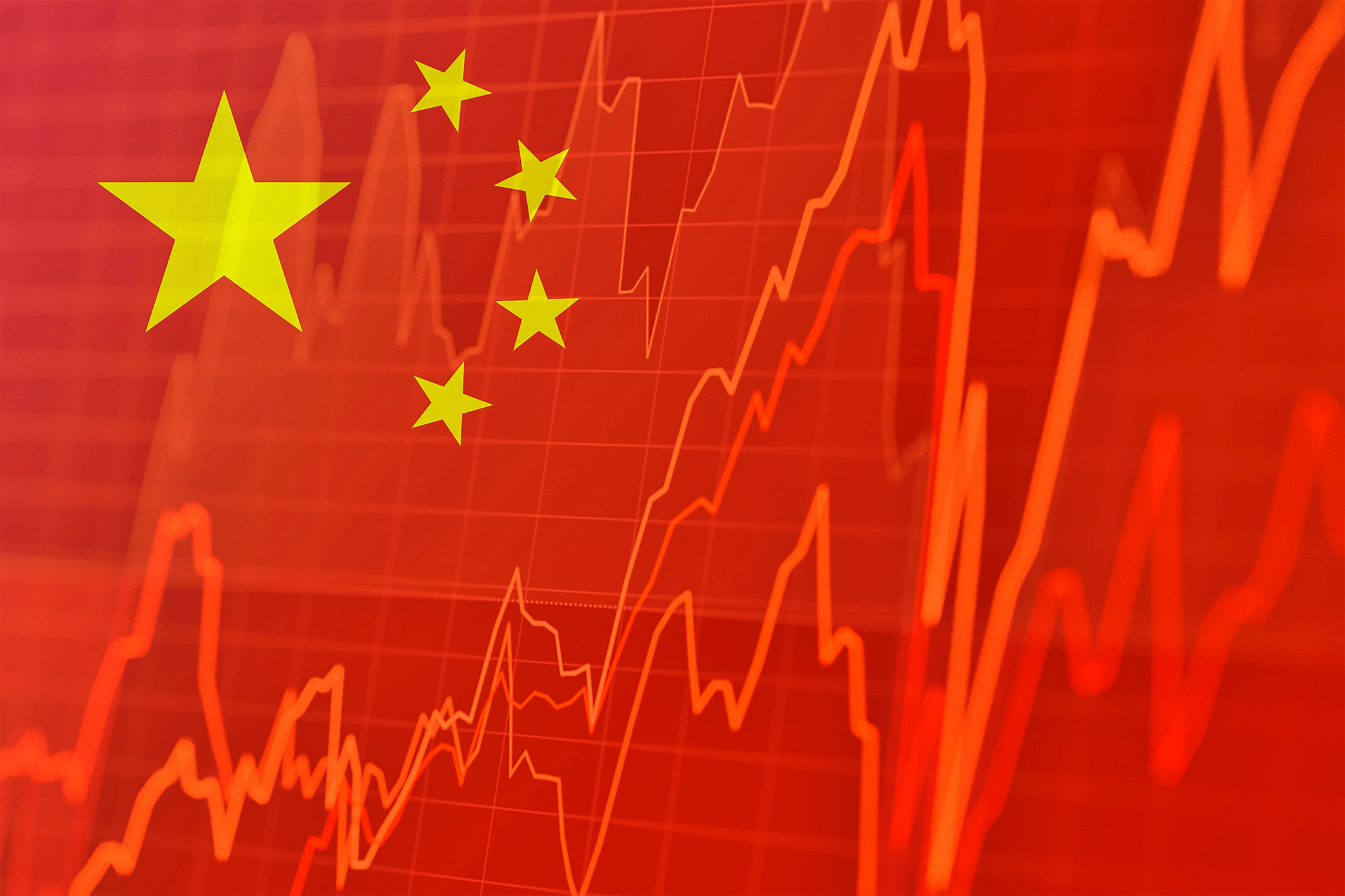Fixed income markets are undergoing a profound shift. From electronification and data-driven execution to the rise of AI and smart algorithms, we’re moving from legacy systems and relationship-based trading to an increasingly automated, competitive and complex environment.
But the evolution is not always uniform. Whilst high, liquidity remains fragmented, especially in Europe. Regulatory pressures are diverging across regions, and the role of human judgement is, crucially, being redefined.
Before the mad rush to the next tech horizon, questions abound.
Thanks for your interest in Euromoney!
To unlock this article:




